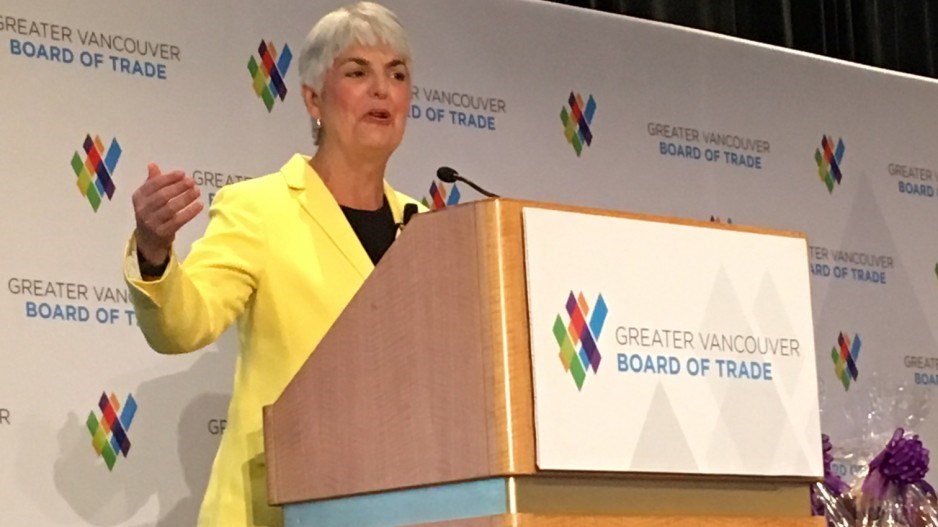Government communications about privacy concerns surrounding a questionnaire about the B.C. speculation tax are none of the public’s business, according to legislation governing officers of the B.C. Legislature.
And that has privacy advocates concerned.
The Office of the Information and Privacy Commissioner confirmed to Glacier Media in April that it was examining requirements that B.C. taxpayers provide social insurance numbers, email addresses and phone numbers while filing speculation and vacancy tax declarations are being examined by the province’s information and privacy commissioner.
The ministry statement said it worked closely with privacy experts in the Ministry of Citizens’ Services and the Office of the Information and Privacy Commissioner to assess the privacy implications of the tax and its administration as it collected data.
However, when asked by Glacier Media to provide copies of “all communications between the Ministry and the BC Office of the Information and Privacy Commissioner regarding the Speculation and Vacancy Tax Act,” the ministry refused in a letter dated May 22.
Glacier made the request under the provincial Freedom of Information and Protection of Privacy Act (FOIPPA). The ministry said the information falls under an exclusion which allows records created by or for an officer of the Legislature, is in the custody or control of an officer or relates to that officer’s function can be withheld from disclosure.
In this case, the officer is the privacy commissioner.
“Your file is now closed,” the letter said.
B.C.’s Freedom of Information and Privacy Association president, Mike Larsen, said the privacy commissioner being immune to freedom of information requests is frustrating.
“It’s bizarre that the provincial government hasn’t initiated reforms in a variety of quarters especially after repeated scandals,” he said. “This is only going to get worse.”
Secrecy under the legislation governing the Legislature and its officers has drawn frequent criticism, and has played a part in the recent scandal surrounding the spending habits of the sergeant-at-arms and the clerk as well as MLA pensions and transitional allowances after leaving office.
Larsen suggested a basic test for inclusion under freedom of information: if an organization is doing public work, it should be subject to disclosure law.
Information and Privacy Commissioner Michael McEvoy was unavailable for comment, his office said.
Finance Minister Carole James has said the speculation tax targets foreign and domestic speculators owning residences in B.C. but not paying tax in the province. The tax aims to turn empty homes into housing and to raise revenue to support affordable housing in communities where the tax applies, she said.
Earlier this year, property owners received letters with a declaration identification number allowing them to go online and fill out a declaration. The form also asked for birthdates and for information on property – such as whether is it a principal residence or rented out.
Government information said most residents wouldn’t have to pay, but registration was a requirement.
The Ministry of Finance said in a statement at the time, “We are confident the tax is fully compliant with our privacy legislation and taxpayers’ data is being handled safely and securely.”
The government’s speculation tax website suggested property owners needing to update property information such as mailing address complete a BC Assessment form. That document does not request any of the data required for the speculation tax declaration.
Similarly, the Land Title and Survey Authority did not request email addresses for changing information such as a new mailing address, a name change or removing someone from title.
It said provision of an email address was not mandatory but would assist owners in amending declarations online if they had made a mistake and also to receive confirmation their declaration had been received.
The privacy association’s executive director, Sara Neuert, said in April the only concerns expressed to the group were about collection of social insurance numbers, noting provision of email addresses was optional.
Neuert said the ministry said the tax legislation allows social insurance number collection and is one piece of information collected through eTaxBC, which the government says is a secure, online system.



